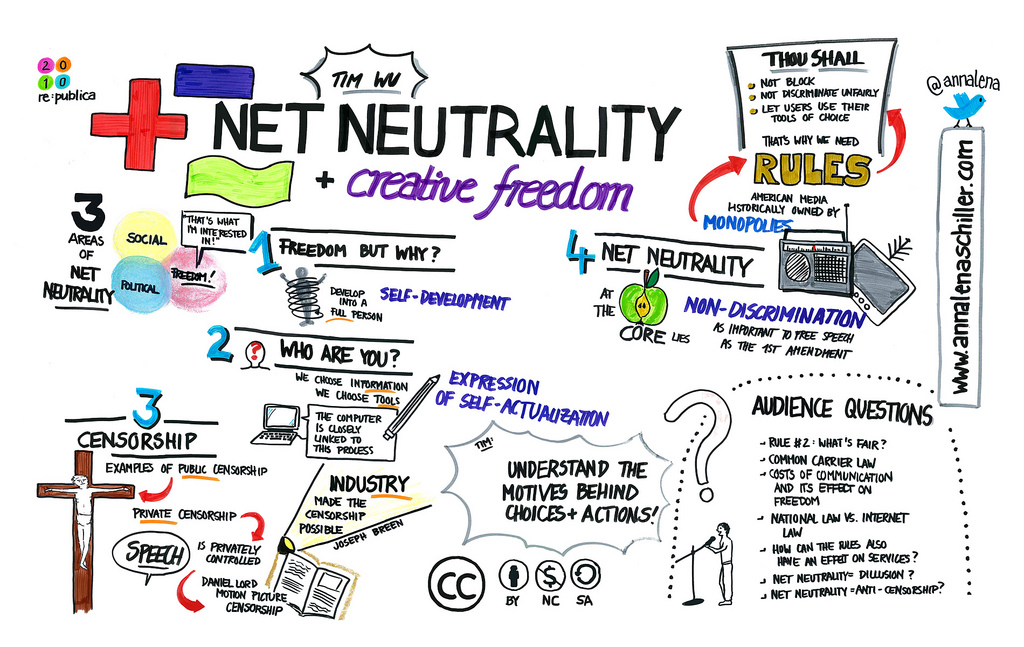For the first six months of the new Liberal government, telecom watchers were unsure about whether Navdeep Bains, the Minister of Innovation, Science, and Economic Development, would maintain the pro-consumer and competition approach that typified the previous government. The Bains ministerial mandate letter referenced the importance of competition, choice, and investment in communications, leaving enough wiggle room to shift in a new direction.
My weekly technology law column (Toronto Star version, homepage version) notes that the full policy remains a mystery, but developments over the past two weeks suggest that a major change in approach is unlikely. With several big issues still to be decided – a plan for universal broadband access and review of the proposed Bell acquisition of MTS among them – getting a better sense of government policy is essential for business and consumers.












